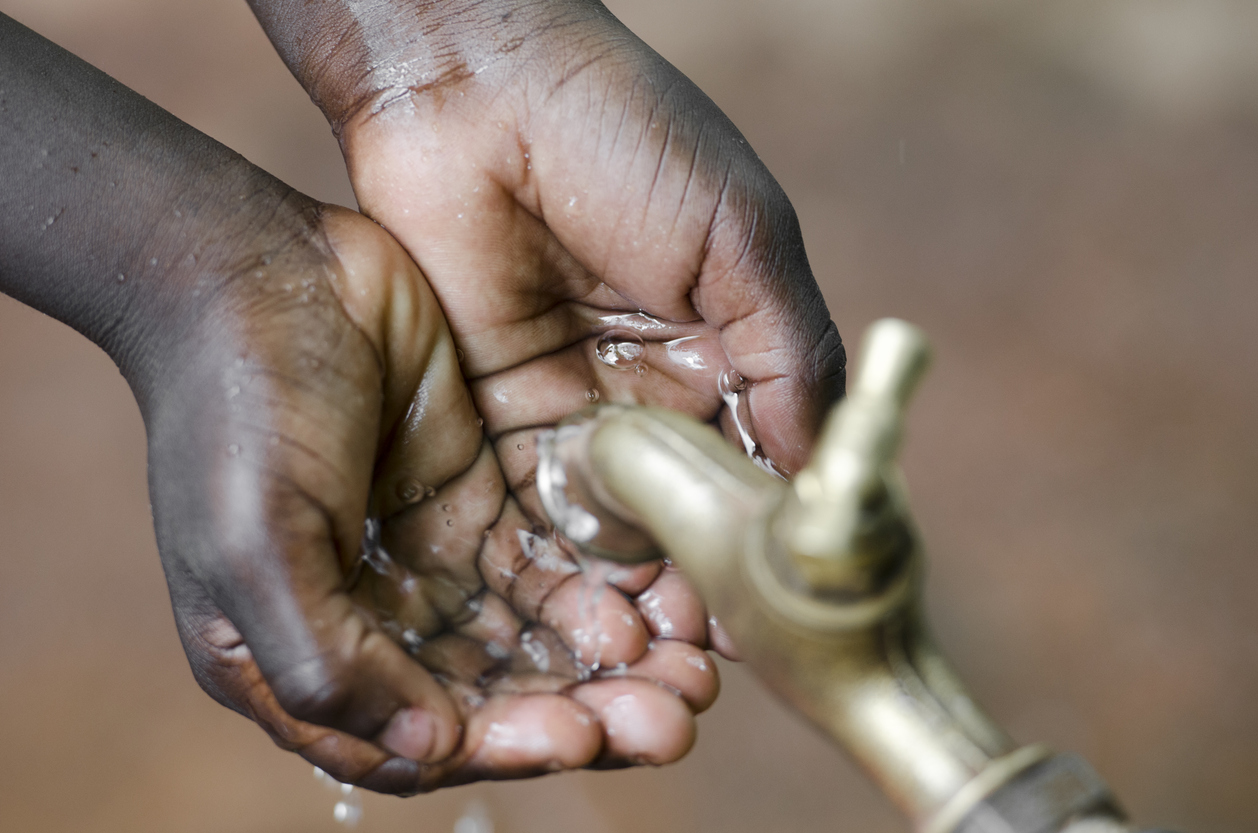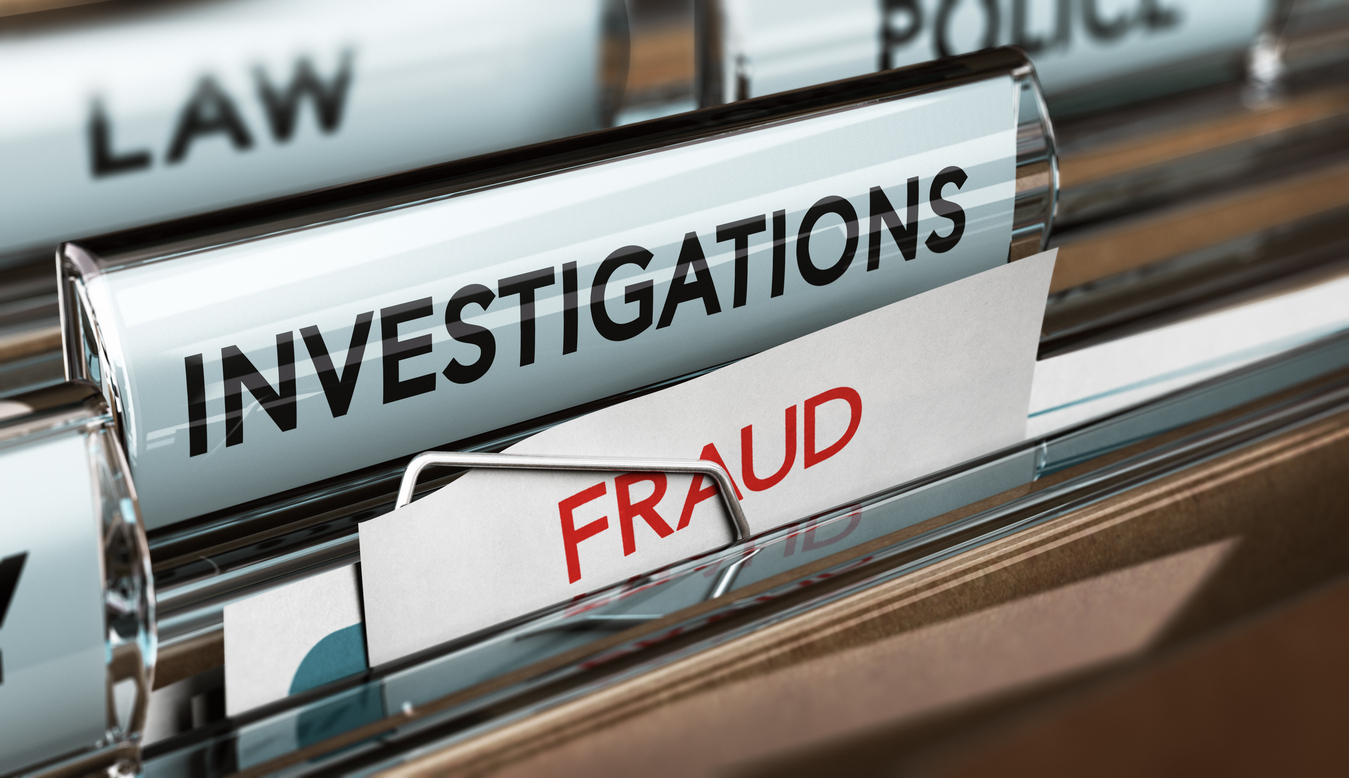Starting Your Pure Water Business in Nigeria: A Step-by-Step Guide
Starting Your Pure Water Business in Nigeria: A Step-by-Step Guide
Starting a pure water business in Nigeria is a lucrative venture. With the growing population and high demand for clean drinking water, this industry is a great way to make money. But starting a pure water business in Nigeria isn’t as easy as it seems. It requires careful planning, meticulous research and hard work. This step-by-step guide will provide you with the information you need to successfully start your own pure water business in Nigeria. From researching the market and finding the right location to registering your business and creating a business plan, this guide will help you make the process of starting a pure water business in Nigeria simple and stress-free. So if you’re ready to take the plunge and start your own pure water business in Nigeria, then read on and let this guide be your guide.
Research the market and find the right location
Before you even think about starting your own pure water business, you need to do some research and find out if it is a worthwhile investment. You should start by researching the pure water market to understand the industry and find out where your business can fit into it. You should find out who your competitors are and what they are offering. You should also determine if there is enough room in the market for another business. Additionally, you should research the demographics and psychographics of your target market. The demographics are the statistics of the market, such as age and gender. The psychographics are the psychological factors that affect consumer behaviour, such as attitudes and beliefs. Once you have determined the demographics and psychographics of your pure water customers, you can create a marketing strategy that focuses on your target audience. You can start by finding out where your target customers shop for drinking water. You should also find out where they get their information about drinking water.
Register your business
If you want to start your pure water business in Nigeria, you will need to register your business. Before you can do this, however, you will first need to determine what type of business structure you want to register. There are three main business structures in Nigeria: sole proprietorship, partnership, and limited liability company (LLC). A sole proprietorship is the simplest business structure to set up. It is also the easiest to close down, although this may have tax implications. A partnership is a business structure that is created when two or more people decide to go into business together. A partnership is a great choice if you plan to run a large company with many people, but it can be challenging to manage. A limited liability company (LLC) is a popular choice for businesses that plan to grow and expand over time. It is important to note that you will need to get a Certificate of Business Name reservation before you can register your business. You can do this at your local Business and Tourism Development Centre (BTDC) or online.
Choose a production method
Once you have researched the market and found the right location for your pure water business, you can start to think about the production method you will use. While there are a variety of production methods you can use, you should start by choosing a production method that is cost-effective. You should also choose a production method that is easy to maintain and operate. Some production methods you may want to consider include
Get the necessary licenses and permits
When you start your pure water business in Nigeria, you will need to get the necessary licenses and permits. To do this, you will want to find out which licenses and permits your business will need. There are numerous agencies in Nigeria that issue licenses and permits for different industries. You will need to contact each of these agencies and determine which licenses and permits you need for your pure water business. It will be important to follow the application process for each license and permit. You will also want to ensure that you are meeting all the requirements of each license and permit. A good place to start your research is the Nigerian Investment Promotion Commission (NIPC). They have information on various industries, including the pure water industry.
Set up shop
Before you can sell your pure water, you will need to set up shop. You will need to find a location that is suitable for your business. This includes finding a location that meets all of your business needs. You will also want to choose a location that is accessible to your target customers. Next, you will need to get an electricity connection and all the necessary permits from the government.
Create a business plan
Before you start your pure water business, you will want to create a business plan. This will allow you to see what your future business will look like and help you create a realistic timeline for when you want to launch the business. A business plan will also show investors that you have thoroughly thought through your business idea and have a sound strategy for making it profitable. You can create a business plan by following a step-by-step guide. You can also use a business plan template to structure your plan. To make your business plan even more effective, you can get feedback from people who are knowledgeable about the industry and people who are familiar with successful businesses.
Develop a marketing strategy
Once you have gotten your business ready to start, you can begin to develop a marketing strategy that will help you reach your target customers. The main thing to keep in mind when creating a marketing strategy is that you need to focus on your target customers. You should also make sure to consider the various marketing channels available for your industry. Some marketing channels you may want to consider include
Source suppliers and distributors
Once you have started your pure water business, you will need to source suppliers and distributors. You will want to do this as soon as possible so that you can start selling your water as soon as your business launches. You will want to find suppliers and distributors for all the materials and equipment your business will need. These include things like the bottles your pure water will come in and the labels, caps and spouts for the bottles. You will also want to find distributors for the products you will sell, such as drinking water and flavoured water.
Set prices and create a pricing strategy
Once you start your pure water business, you will need to set prices for your products. You will also want to create a pricing strategy that makes sense for your customers and your business. There are different pricing strategies you can use, such as cost-plus pricing, competitive pricing, and value-based pricing. You should also consider things like your costs, the costs of your competition, and purchasing power when determining prices.
Build a customer base and maintain relationships with customers
While you are busy promoting your business and building relationships with customers, you will also want to maintain relationships with customers. A great way to maintain relationships with customers is by providing excellent customer service. You will also want to be sure to reward and recognise your loyal customers. When it comes to marketing your pure water business, one of the best things you can do is to make sure that your product is high quality. Ensure that your water meets health and safety standards. You can also create a brand for your pure water business to help it stand out from the crowd. You can do this by creating a logo and slogan for your business that reflects your product and identity. You also want to make sure that you are properly equipped to handle customer complaints and complaints about your product. You can do this by having a customer complaint procedure in place that all employees are familiar with.








LEAVE A COMMENT
You must be logged in to post a comment.